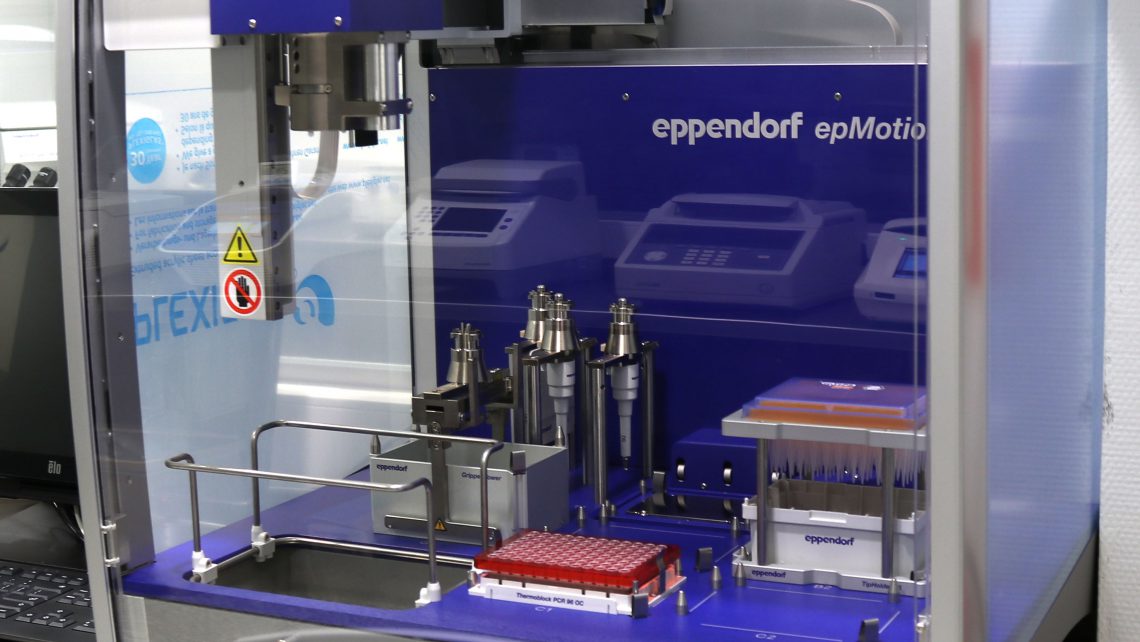
Expanded GCT. Screening of more than 3000 genetic diseases
Índice
- 1 We have the latest technology to study and avoid the main hereditary diseases
- 2 Instituto Bernabeu leads the latest genetic technology.Genetic Compatibility Test (GCT)
- 3 Incorporated into all our gamete donors screening
- 4 More than 3000 recessive disorders detected by the Genetic Compatibility Test (GCT)
- 5 List of 2349 genes studied by the extended Genetic Compatibility Test (GCT).
We have the latest technology to study and avoid the main hereditary diseases
Preconceptional genetic studies (also called carrier studies) aim to prevent the birth of a child with recessive diseases. Recessive genetic diseases behave in such a way that individuals can be either completely healthy, carriers or affected. Affected individuals are sick and manifest the disease. Carriers, however, do not manifest any symptoms, but they are at high risk of transmitting the disease if the other parent is also a carrier.
The fact that carriers do not have symptoms prevents them from being identified. Only by analyzing the genes responsible for these diseases can we recognize them and establish the risk of having affected offspring. The same is the case with sex-linked disorders, since female carriers would not show symptoms, but would have a high risk of affected male offspring.
For years, studies of carriers of recessive diseases such as cystic fibrosis, thalassemia, Tay-sachs, etc. have been carried out in certain populations. However, these studies included a single disease. In recent years, a molecular biology and genetics technique (called massive sequencing or NGS) has been developed that allows cost-effective analysis of hundreds of genes in a single assay. Thus, carrier studies have moved to include more genes. Advances in this field are taking place exponentially, so new studies have recently been carried out that allow the analysis of thousands of genes, including all genes in the genome (genome or exome).
Instituto Bernabeu leads the latest genetic technology.Genetic Compatibility Test (GCT)
In line with these advances, Instituto Bernabeu has been incorporating in its molecular biology laboratories the technology necessary to carry out these studies of hundreds or thousands of genes. In 2016, it developed the most comprehensive carrier test that included 600 recessive diseases as well as those linked to sex chromosomes (GCT: genetic compatibility test), preventing thousands of couples from exposing themselves to the risk of having children affected by these diseases.
Currently, and thanks to new advances, a new test has been developed that allows the analysis of more than 3,000 diseases, and is currently the most comprehensive study available. In this way, recessive and sex-related diseases that can be transmitted to offspring are minimized as much as possible and makes available to patients all the scientific knowledge and technology available.
Incorporated into all our gamete donors screening
Due to the importance of the information obtained in these tests to avoid the transmission of genetic diseases, at Instituto Bernabeu it is routinely performed on all our gamete donors and is recommended in all those couples with reproductive wishes regardless of whether or not they require assisted reproduction techniques.
More than 3000 recessive disorders detected by the Genetic Compatibility Test (GCT)
List of 2349 genes studied by the extended Genetic Compatibility Test (GCT).
Dr Belén Lledó, Scientific Director at IBBIOTECH, part of the Instituto Bernabeu group.
